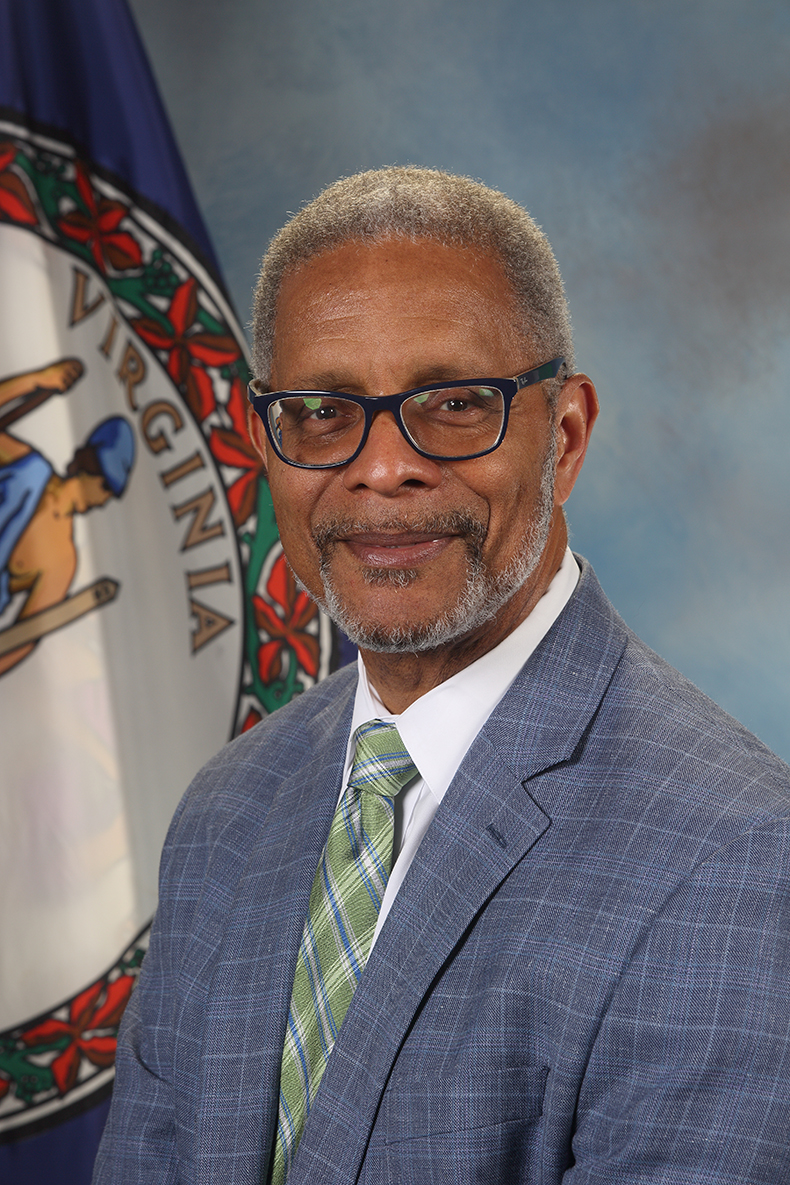Dear Friend of TJI, Congress is now working on yet another coronavirus rescue bill, designed to spend another $1-3 trillion and adding to the national debt. But its not just about money .... Ruchir Sharma notes in The Wall Street Journal that easy money and constant stimulus have undermined the basic dynamics of the free market, and argues that "the world economy went into this pandemic vulnerable to another financial crisis precisely because it had already become so fragile, so heavily dependent on constant government help." And we're paying the price in low growth and productivity, falling entrepreneurship and rising inequality. It's not a short read, but its one worth reading. (click here). Meanwhile ... 1.) The bills for the August 18 General Assembly special session have begun to arise and the first to be introduced is from Senator Steve Newman, limiting any governor's ability to rule by Executive Order to 30 days. Our Senior Fellow, Steve Haner, has the story here, and there's a radio news story specifically on Newman's bill here. 2.) On the agenda for the special session is policing reform, and the Thomas Jefferson Institute issued a white paper encouraging that General Assembly members limit the scope of police union collective bargaining to compensation and benefits before Virginia's new collective bargaining law takes effect (click here). Without the limit, police union contracts will follow the path of every other state and city, where police chiefs regularly find their efforts to discipline police misconduct hampered and overturned. The Virginian-Pilot's news story made much the same point, pointing out that the Norfolk police union is already laying the groundwork for collective bargaining (click here). Democrat leadership is hoping to ignore the proposal (click here), but not all agree: Delegate Mark Levine, chairman of the public Safety Subcommittee, appears open to the issue (click here.)
3.) Although the main point of the special session is designed to be the Virginia budget, affected by the pandemic, not least of which is that Virginia has had a record 1.5 million unemployment claims and the fund is running out of money. Haner, again, has the story here. 4.) Haner has also made a point of following the new COVID-19 Workplace regulations rushed through by Governor Ralph Northam's appointees and which far exceed any other state's standard or the federal standards. Haner outlines here the three important things for employers of all sizes and shapes (including local governments, schools, non-profits, churches and businesses) need to remember, starting with "There is No Escape." (click here). 5.) Meanwhile, employers are scrambling to make sense of and follow the new regulations (click here), which are expected to go into effect this week and with which employers will have 30 days to comply. Another webinar is set to help explain, and you can register by clicking here. A news story on the regs can be found here. 6.) The Left absolutely hates "Dark Money" and behind the scenes string-pulling ... except, of course when they pull the strings. Arthur Bloom, of the American Conservative, offers one theory in looking at some of the elements coming together as the Atlantic Coast Pipeline came apart (click here). Over at Bacon's Rebellion, Jim Bacon offers a commentary on the commentary (click here). 7.) The Richmond City School Superintendent says he will recommend removing SROs from the schools. So is Charlottesville and Albemarle. They obviously chose not to review a state-wide survey of 106,000 students in 299 high schools reporting that 70 percent of high school students feel the SROs make them feel safe (click here). "Making kids endangered" doesn't sound like a winning slogan. 8.) A Virginia Commonwealth University Advisory Committee has recommended "de-commemoration and removal of the name and all associated mentions and references to the Dooley Hospital," on the grounds that "Dooley served in the confederate army." James Dooley enlisted as a private, was wounded, taken prisoner, and after released was discharged due to his disabilities. He also, as Jim Bacon notes here, "donated the funds during the Influenza epidemic of 1919 for the construction of the hospital ...was a leading philanthropist, he supported the arts, and he advocated universal public education. He and his wife also left bequests to establish the Richmond Public Library, St. Joseph's Villa, and the Crippled Children's Hospital." The narrative of the Left is now to judge the sum of a person's life based on a two-year stint as a private. We suspect that narrative opens for them a pathway to go after ... well, you know ... this guy. 9.) Remember Nicholas Sandmann? He was the Covington (KY) Catholic High School student who attended the March for Life in 2019 and was confronted, along with other students, by a group of Native American activists. Media coverage, led by The Washington Post, portrayed Sandmann and the students as aggressors, making life for him and his family a living hell, but the stories epitomized "Fake News." In a victory for truth, the Post settled his $250 million lawsuit on Friday (following an earlier settlement with CNN). Catch the story here and here. 10.) In 2011, Robert Unanue, president of Goya Foods, stood with President Barack Obama and said he was "honored and humbled" to be alongside the President. No one, including conservatives, complained. Nine years later, Unanue stood beside President Donald Trump to participate in the White House Prosperity Initiative. The Left promptly went ballistic, urging a boycott of Goya's products. Nothing symbolizes the totalitarianism of the Left than its insistence on "groupthink." In response, 27-year-old Casey Harper of Arlington started a GoFundMe page to buy Goya products and donate them to food banks (click here), exceeding all his expectations. And you can read Unanue's clear-headed reasoning of his position in this interview by the Wall Street Journal's Tunku Varadarajan (click here). Happy Sunday, Everyone.
Play Ball! Oh ... and Buy Goya!
Cordially, Chris Braunlich President
Support the work of The Thomas Jefferson Institute
|








